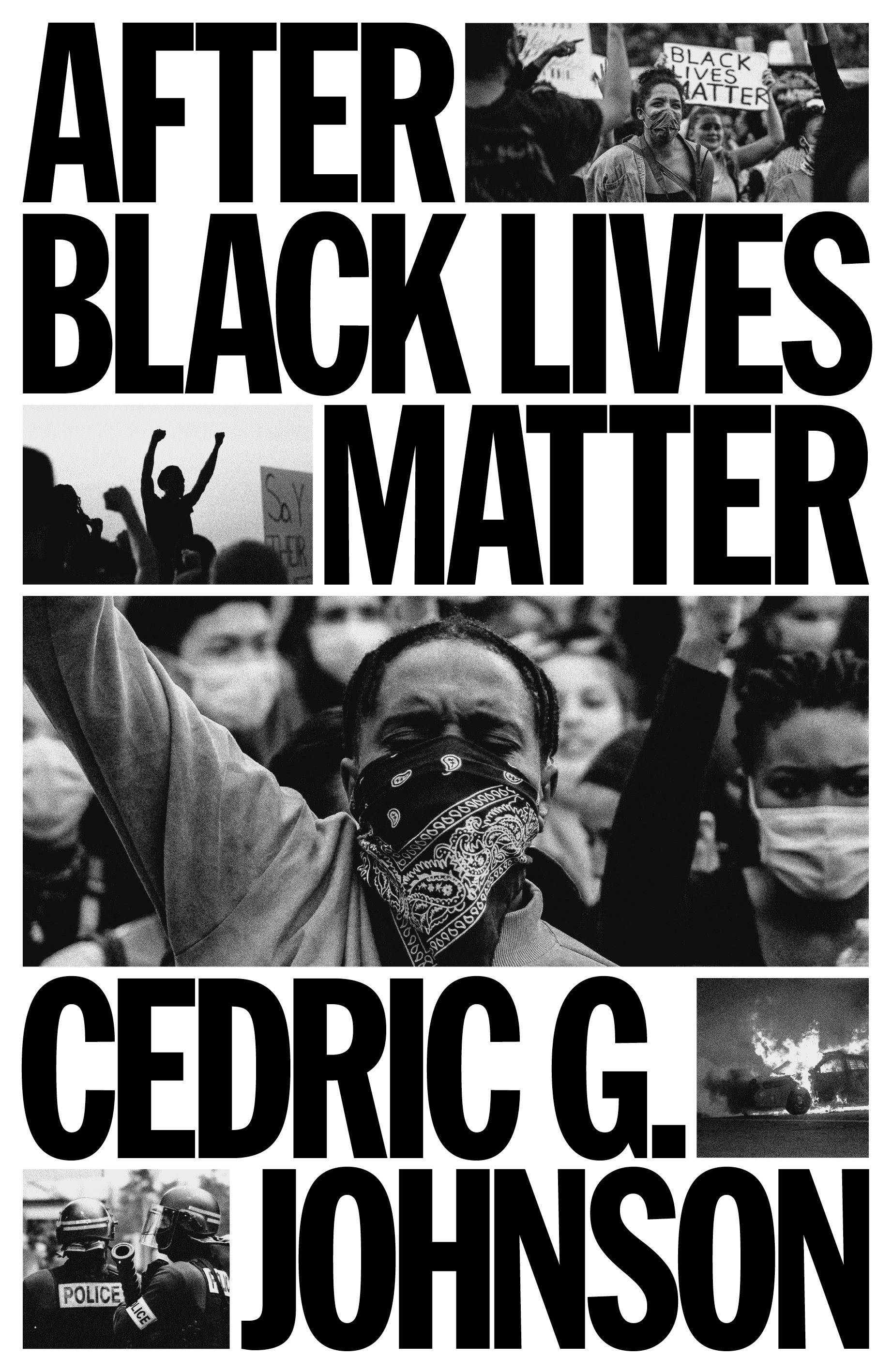After Black Lives Matter: Policing and Anti-Capitalist Struggle
Cedric Johnson
Verso Books
The murder of George Floyd prompted a historic uprising that transformed the way Americans and the world think about race and policing. Why did that movement fall short of the most militant demands to defund and dismantle police departments?
After Black Lives Matter argues that the failure to make institutional changes was not a simple result of the mercurial and reactive character of the protests. Rather, the core of the movement itself failed to locate the central racial injustice that underpins the crisis of policing: socioeconomic inequality.

